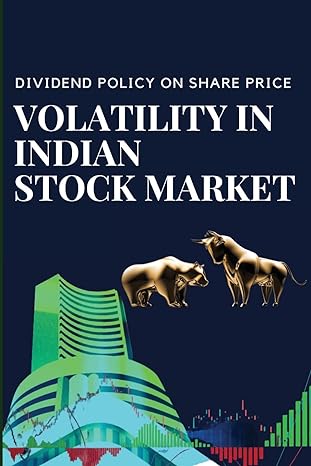Question
Cummins Engines, Inc. is considering two alternative investment proposals. The first proposal calls for investment in plant and equipment to produce a new alternative fuel
Cummins Engines, Inc. is considering two alternative investment proposals. The first proposal calls for investment in plant and equipment to produce a new alternative fuel engine. The second proposal calls for investment in plant and equipment to expand production of a current, successful diesel engine. Cummins will choose only of these project since they are for similar markets.
| Year | New Line | Expand Line |
| 0 | ($65,000,000) | ($20,000,000) |
| 1 | $20,000,000 | $11,000,000 |
| 2 | $20,000,000 | $10,000,000 |
| 3 | $20,000,000 | $8,000,000 |
| 4 | $20,000,000 | $0 |
| 5 | $20,000,000 | $0 |
Use the information provided below to calculate Cummins weighted average cost of capital (WACC) to evaluate these two proposals. The following questions are asked to provide a guide for your analysis.
The WACC can be estimated based on Cummins long-term (capital) financing sources, including the use of retained earnings, and the use of proceeds from new issues of corporate bonds, preferred stock, and common stock. Issuance costs (flotation costs) for new issues are 3% for new issues of corporate bonds, 5% for new issues of preferred stock, and 12% for new issue of common stock. Cummins target capital structure is 35% debt, 10% preferred stock, and 55% equity. Cummins marginal tax rate is 32%. Cummins has $55,000,000 million in retained earnings.
Corporate Bonds
Cummins can sell 812% coupon, 30- year bonds (coupons are paid semi-annually) for $912.35. Cummins can issue an unlimited amount of new bonds at the same rate.
The risk premium for Cummins common stock is estimated to be 3% above its bond yield and is based on other companies in Cummins risk category.
Preferred Stock
Cummins preferred stock sells for $28.50 per share, the dividend rate is 8%, and the par value of this preferred stock is $50.
Common Stock
Cummins common stock sells for $18.47 per share, the growth rate is 7%, and Cummins just paid a dividend for last year in the amount of $1.52 (D0 = $1.52).
Cummins common stock has a beta of 1.45. For the general marketplace the risk-free rate is 3 percent (Rf = 3%) and the average rate of return on the market is expected to be 13 percent per year (Rm = 13%).
-
What is Cummins weighted average cost of capital based on the cheapest combination of sources of capital (WACC1) (i.e. corporate bonds, preferred stock, and retained earnings)? For the cost of retained earnings use the estimate from the Discounted Cash Flow (DCF) model.
-
How much will Cummins have to invest at this rate (what is the breakpoint)?
-
What is Cummins weighted average cost of capital based on the more expensive combination of sources of capital (WACC2) (i.e. corporate bonds, preferred stock, and a new issue of common stock)?
-
Calculate the payback period (PB) of each project and based on this criteria for which project would you recommend acceptance?
-
Calculate the discounted payback period (DPB) of each project and based on this criteria for which project would you recommend acceptance (use WACC1 as the discount rate)?
-
Calculate the net present value (NPV) of each project and based on this criteria for which project would you recommend acceptance (use WACC1 as the discount rate)?
Step by Step Solution
There are 3 Steps involved in it
Step: 1

Get Instant Access to Expert-Tailored Solutions
See step-by-step solutions with expert insights and AI powered tools for academic success
Step: 2

Step: 3

Ace Your Homework with AI
Get the answers you need in no time with our AI-driven, step-by-step assistance
Get Started


